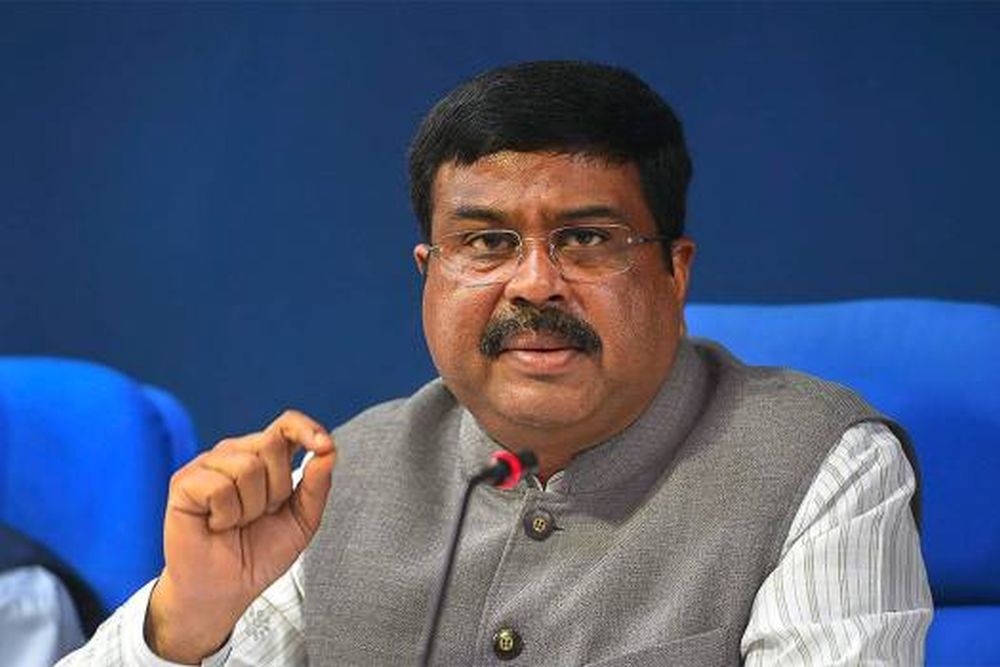On Thursday, Union education minister Dharmendra Pradhan launched the National Curriculum Framework for foundational stage education of children in the three to eight years age group. Early childhood care and education are critical areas of development, according to the 2022 framework.
“The NCF (National Curriculum Framework) is an important step to implement the New Education Policy-2020. I also appeal to the National Council of Educational Research and Training (NCERT) to complete curriculum, syllabus, and textbooks by next Basant Panchami,” Pradhan said at the launch. The NCF-2022 has four sections — the National Curriculum Framework for School Education, the National Curriculum Framework for Early Childhood Care and Education, the National Curriculum Framework for Teacher Education, and the National Curriculum Framework for Adult Education.
Research from across the world on education, neuroscience, and economics demonstrates clearly that ensuring free, accessible, high-quality early childhood care and education is perhaps the very best investment that any country can make for its future, according to the NCF for the foundational stage.
It said that “brain development is most rapid in the first eight years of a child’s life, indicating the critical importance of cognitive and socio-emotional stimulation in the early years”.
The framework
The framework has listed the ‘Pancha kosha’ concept for the education of children and its five parts are physical development (sharirik vikas), development of life energy (pranik vikas), emotional and mental development (manasik vikas), intellectual development (bauddhik vikas) and spiritual development (chaitsik vikas).
“Panchakosha is an ancient explication of the importance of the body-mind complex in human experience and understanding. This non-dichotomous approach to human development gives clear pathways and direction towards more holistic education,” according to the NCF.
The framework noted that while staffing of anganwadis is not complete, it is at high levels.
“Data for private institutions is not available. The number of institutions offering relevant teacher education programs is low and inadequate. ‘Vidya pravesh’ has been developed by the NCERT for students entering class 1,” it said. It will be transacted over three months, with four hours a day devoted to familiarising children with the school environment and providing experiences for maintaining well-being, the NCF said.
‘Vidya pravesh’ (entry level education) will enable learning of ethical values and cultural diversity, and interaction with the physical, social and natural environment, it said.

